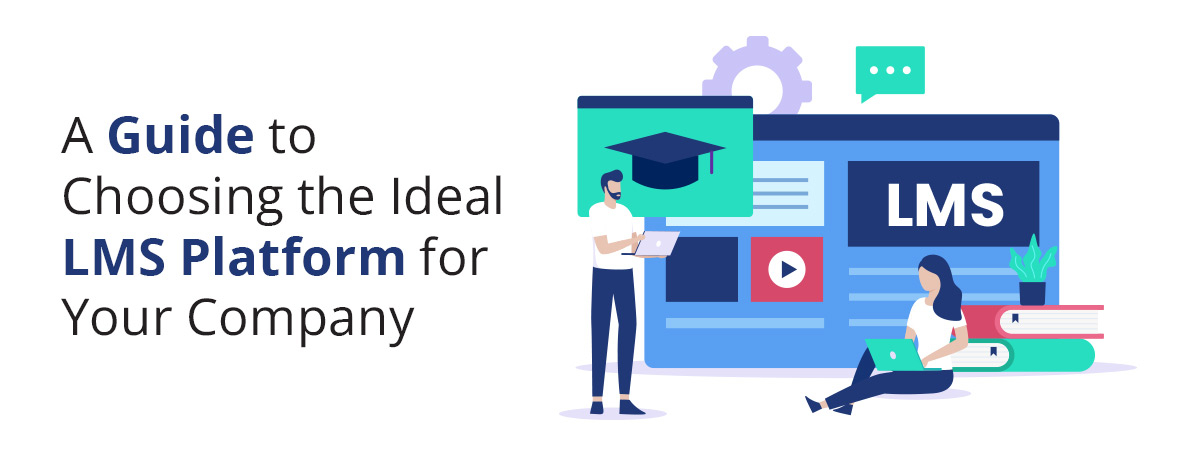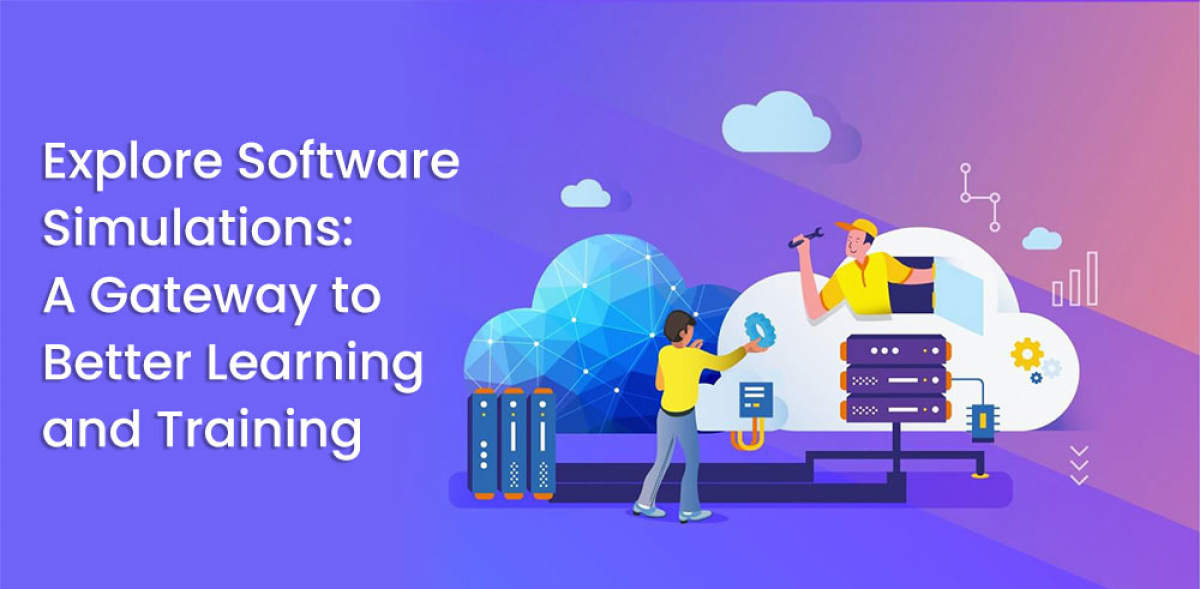Choosing the right Learning Management System (LMS) is the first step towards building and implementing a successful corporate training in your company. However, it’s a known fact that taking the first step is the hardest, and choosing the right LMS can be extremely challenging, considering that the market is flooded with learning platforms, each claiming to be better than the other. A thoughtful and strategic approach is required to ensure that you make the right choice. Here are a few key considerations to help you navigate this difficult terrain and zero in on the perfect match for your company’s training needs.
1. Understand Your Company's Training Requirements:
Take the time to thoroughly understand your company’s training needs, before delving into the vast array of LMS options. Some of the important things to consider include the size of your organization, the nature of your industry, and the specific skills or knowledge you aim to impart through training. Building a customized training solution is possible when you are aware of your company's unique needs.
2. Key Features and Functionality:
Each LMS platform has its own set of features and functionalities. Make a list of the key features which are imperative for your training program. Some of the key features include user-friendly interface, customizable content, advanced reporting capabilities, or integration with existing systems. Having these key features defined will help you in identifying the perfect LMS for your requirements.
3. User Experience:
A user interface refers to the platform’s intuitiveness, navigation, and overall usability, including the look-and-feel element. It is crucial to have an interface that is user-friendly to ensure successful adoption of any LMS. A good way to check for user experience is by requesting demos to explore the features of the interface and conducting trials with the end-users to get a firsthand experience. The LMS has to align with the needs and preferences of the users.
4. Scalability:
An LMS that has the capability of expanding as your organization grows is a crucial element to be considered while choosing a platform. The LMS that can adopt and adapt to new technological advances seamlessly is an investment that ensures longer lifespan of the platform and value for money.
5. Compatibility and Integration:
An LMS is considered effective if it seamlessly integrates with your current technology stack. While choosing an LMS, check if it is compatible with existing software and applications used by your company, such as content creation tools, HR systems, communication platforms, etc. Seamless integration with the existing processes enhances efficiency across the organization.
6. Support and Training:
Hassle-free support and training from the LMS vendor are crucial for seamlessly integrating your learning programs on the platform. Assess whether the vendor is equipped with responsive customer support, comprehensive training resources, and a strong knowledge base. Continuous support enables faster and efficient issue-resolution with minimal disruptions to the training programs.
7. Budget Considerations:
Price plays a crucial part in selecting an LMS for your organization. High-quality LMS requires significant investment. Be mindful of the budget constraints while deciding on the right LMS and take into account, pricing models, user licenses, storage requirements, etc. Look for an LMS that provides the right balance between value for money and the features that it is equipped with.




